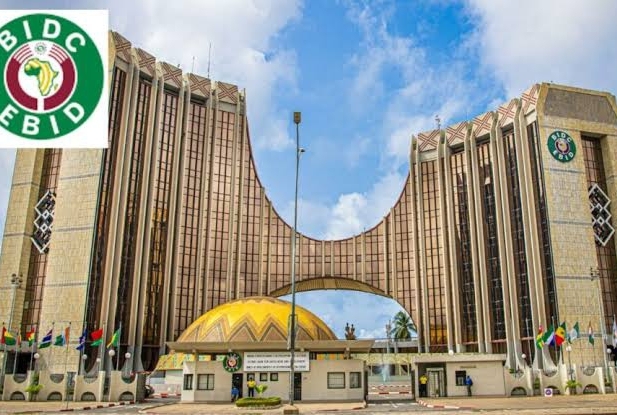A statement by the bank on Tuesday said the financing package was granted during the 91st irdinary meeting of the Board, held under the chairmanship, Dr George Donkor, President and Chairman of the Board of Directors of EBID.
The statement said the facilities would be put towards the following projects:
“A $50 million line of credit to Sterling Bank Ltd. in the Federal Republic of Nigeria to support Small Medium Enterprises operating in various sectors, including health, education, agriculture, renewable energy, and transport.
“A EUR 10 million facility to Bénin Cashew SA to co-finance the construction of five cashew nut processing units and a cashew balsam production unit in the Glo Djigbe industrial zone in the Republic of Benin.
“This project is estimated to cover 50 per cent of national cashew production needs while creating 1,666 permanent and daily jobs within the framework of Benin’s Strategic Plan for the Development of the Agricultural Sector.
“A $180 million line of credit to Mota-Engil Nigeria to co-finance the Kano-Maradi standard gauge rail project, linking northern Nigeria to Niger.
“This strategic project will strengthen regional integration, facilitate cross-border trade, and create over 100,000 jobs during the construction phase and 20,000 permanent jobs once operational,” it said.
According to it, the newly approved commitments are aligned with the United Nations Sustainable Development Goals (SDGs), in particular, SDG 9 – Industry, innovation and infrastructure, and SDG 13 – Climate Action.
It added that the commitment also aligned with EBID’s strategy to develop priority sectors.
“With this investment, EBID’s total commitments in the sub-region amount to $4.5 billion,” the statement said. (NAN)










